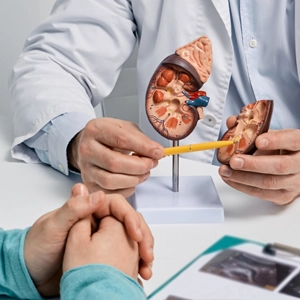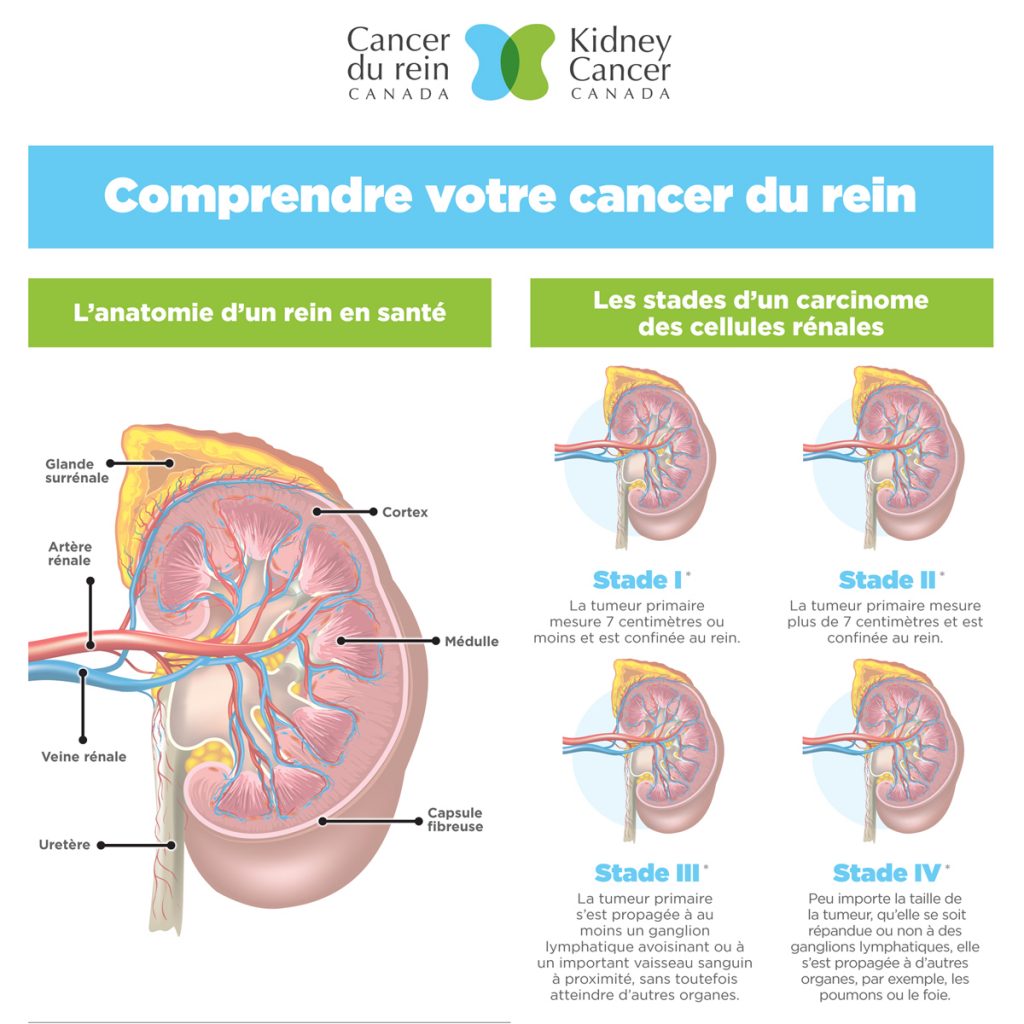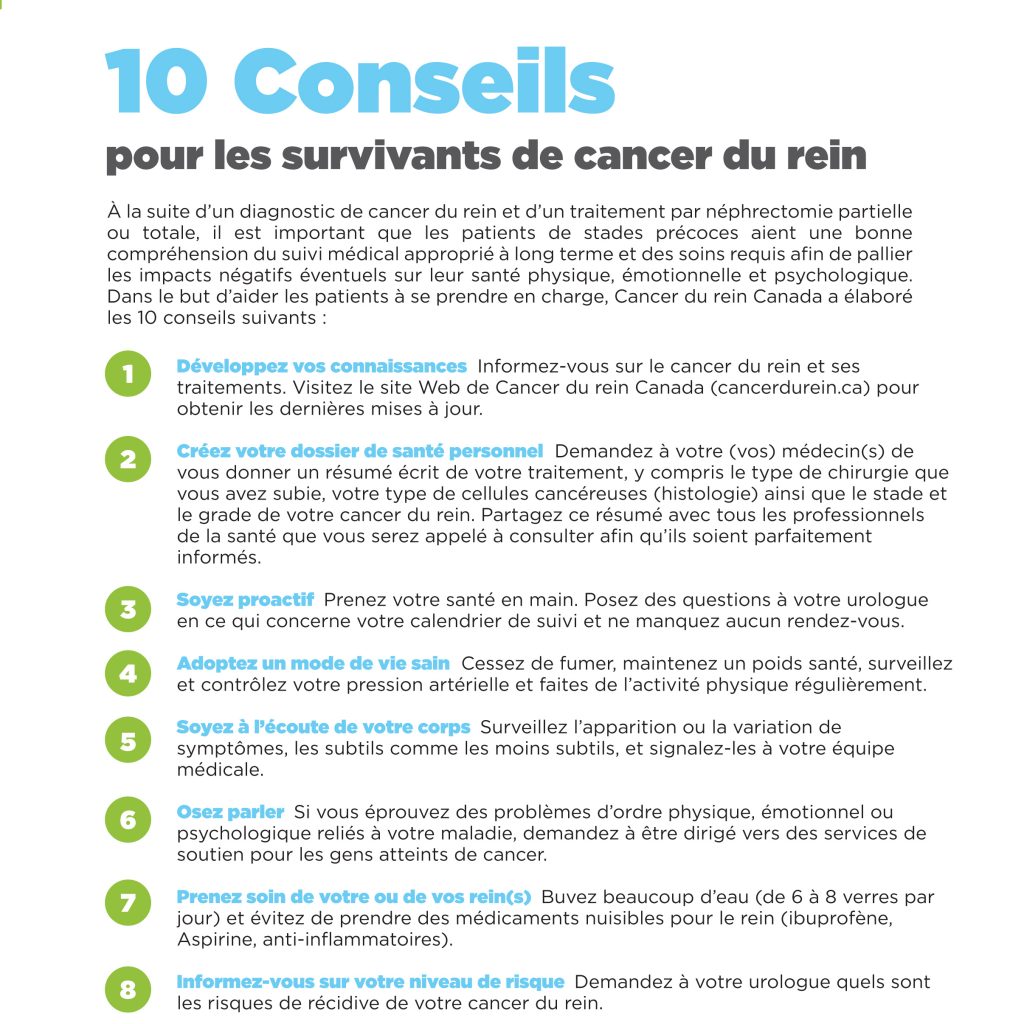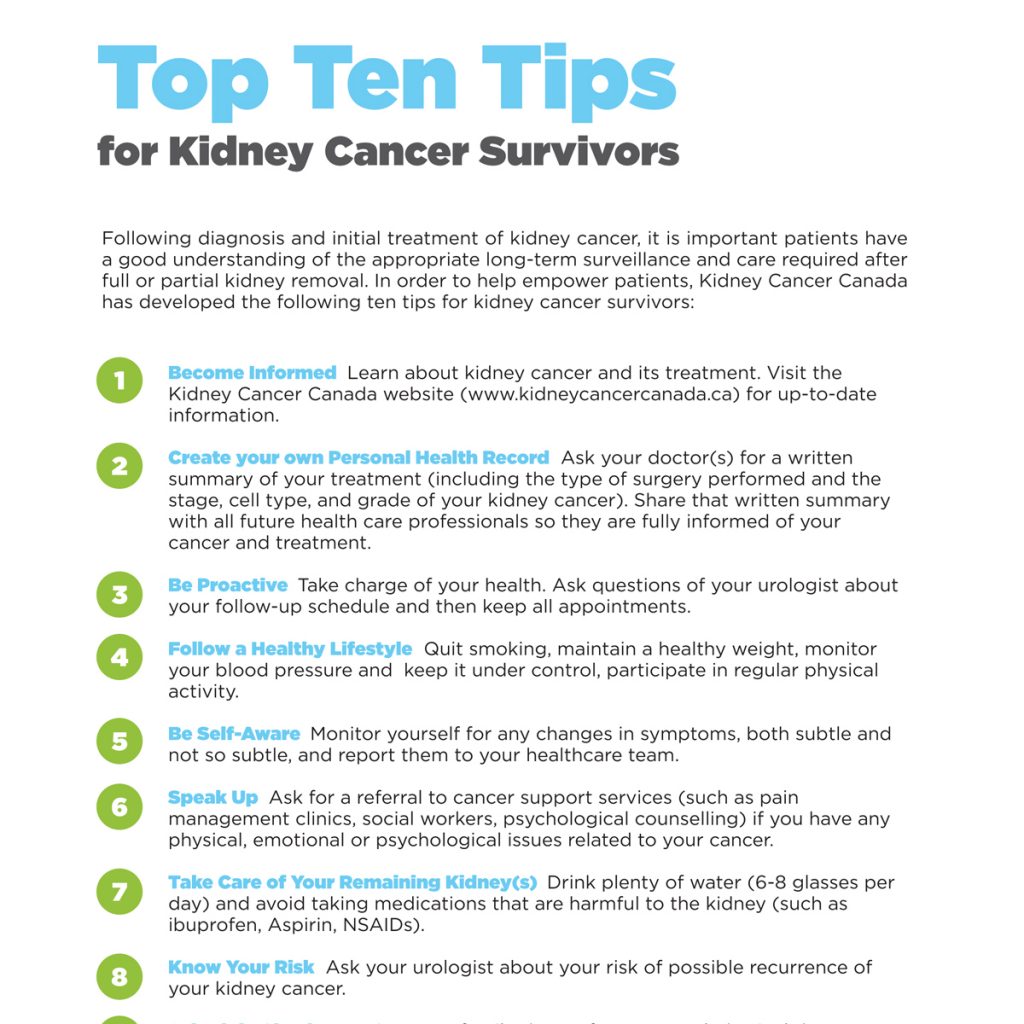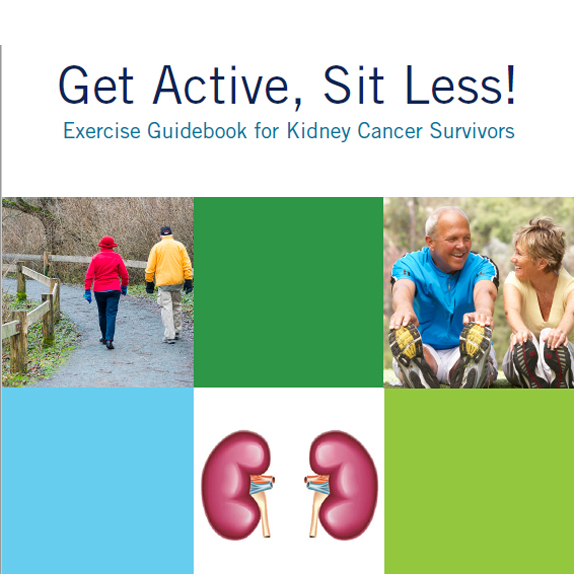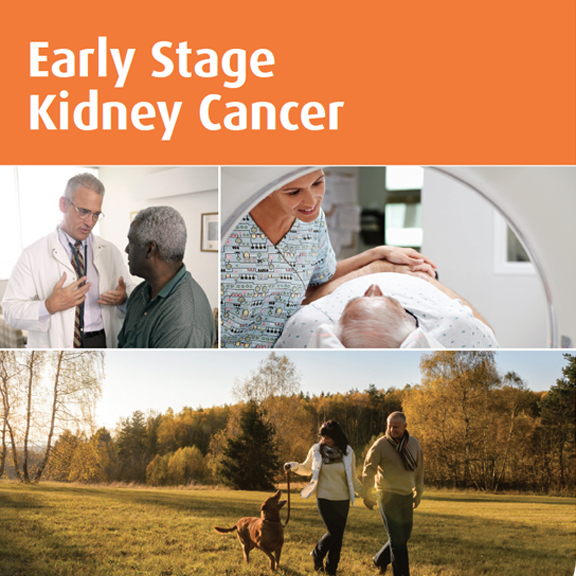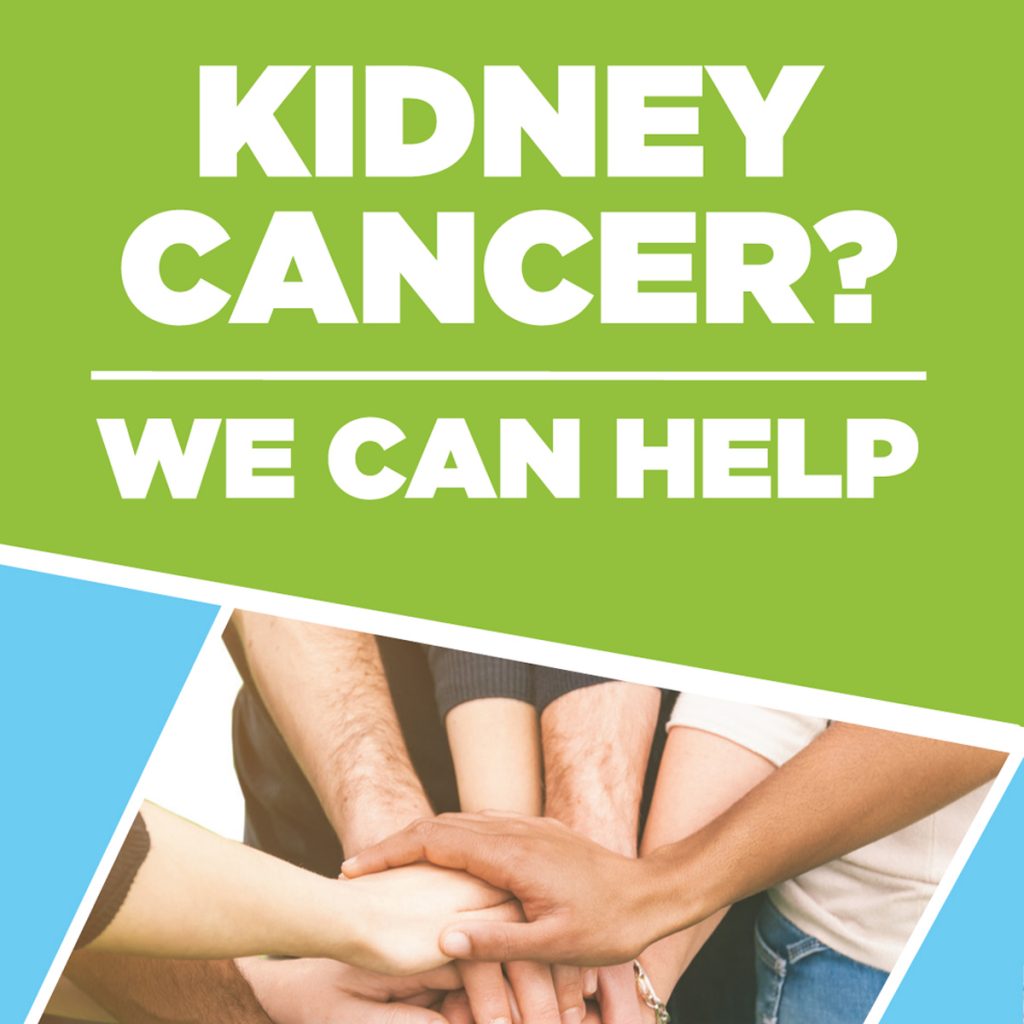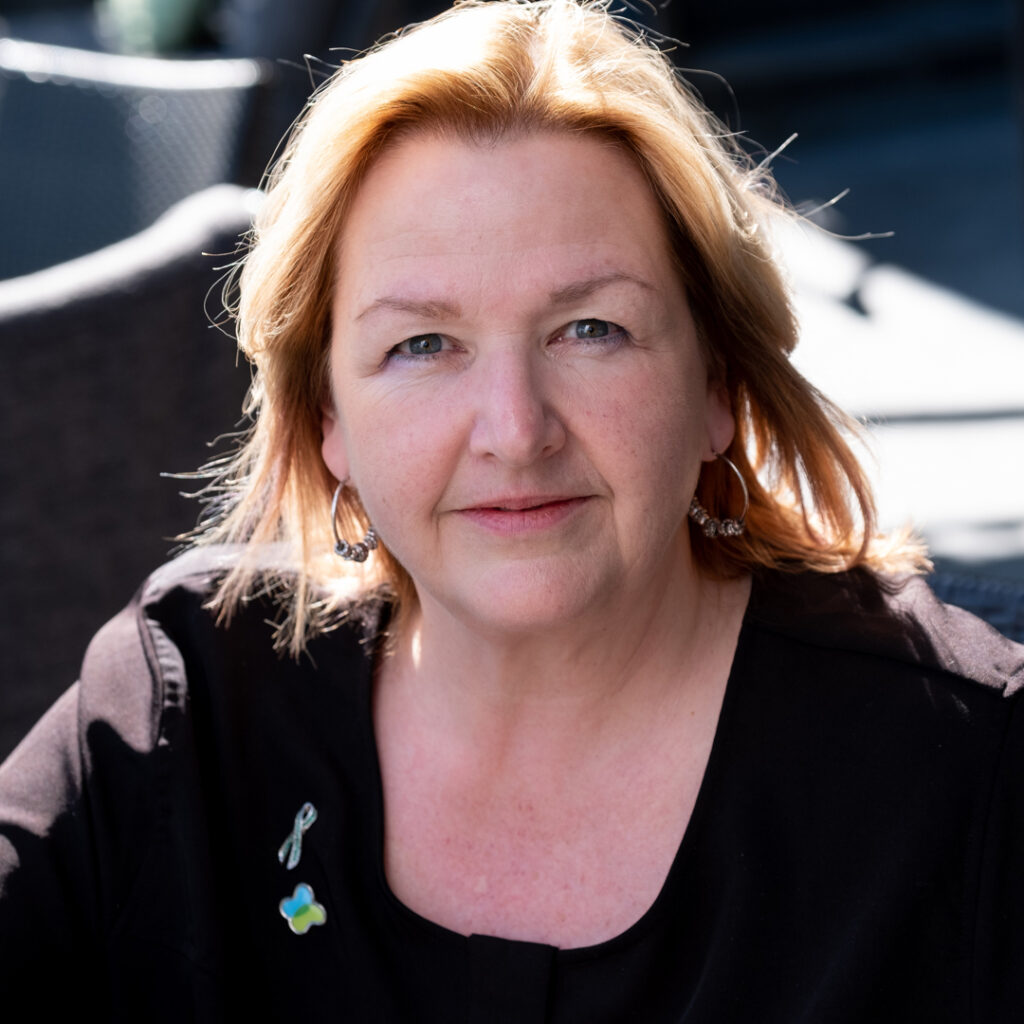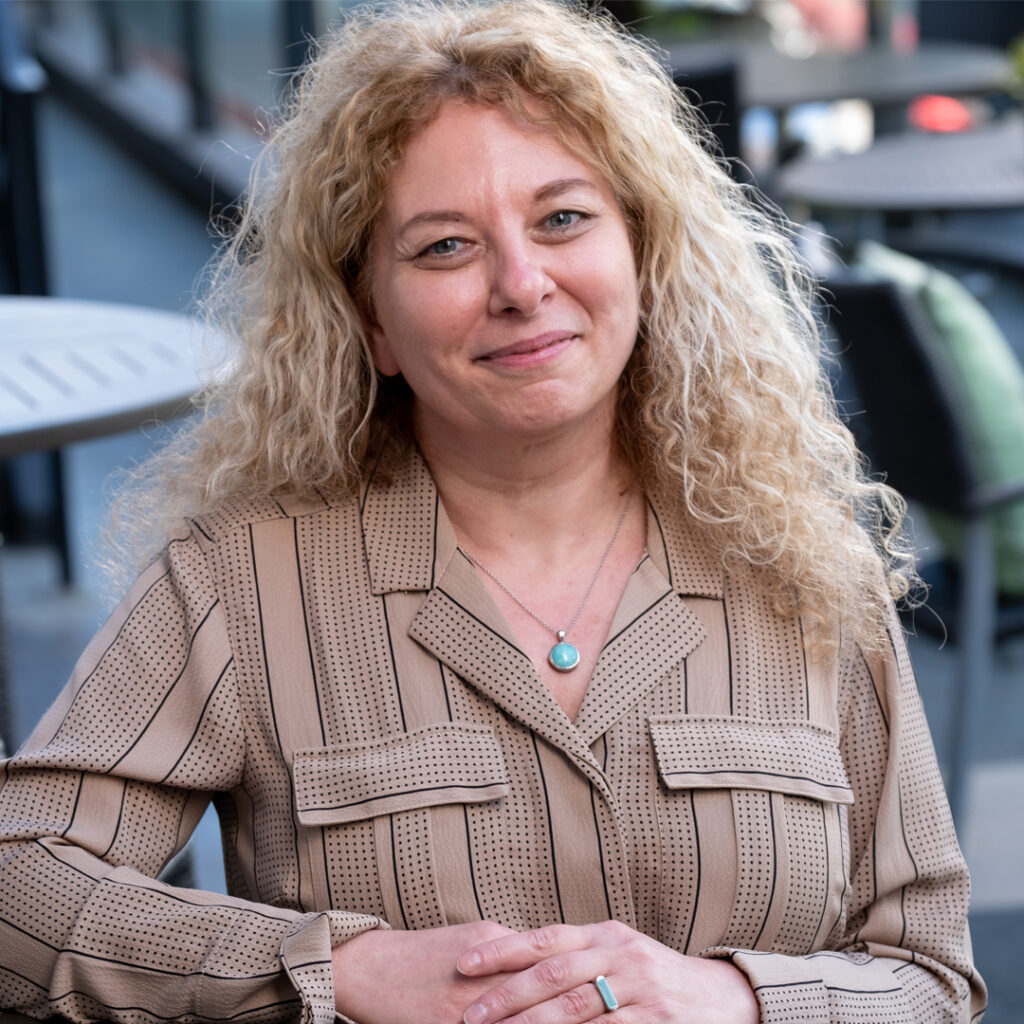Use the questions below as a guide to start a discussion with your doctor about a clinical trial that might be right for you. Take the time you need to get all of your questions answered so that you can make an informed decision about whether or not to participate in a clinical trial.
Remember, make sure all of our questions are answered to your satisfaction before participating!
The following questions are designed with the help of the Kidney Cancer Canada Medical Advisory Board to help you understand the options available to you. We recommend you print this page and discuss the questions with your doctor.
GENERAL QUESTIONS ABOUT THE TRIAL
- What is the purpose of the study?
- What kind of therapy or treatment is the clinical trial testing?
- Why do researchers think that this approach might be effective?
- Has this treatment been tested before?
BENEFITS AND RISKS
- What are the possible benefits of participating in this clinical trial for me?
- What are the possible risks and side effects of participating in this clinical trial?
- How do the benefits and risks of the trial treatment compare to those of other current or standard treatment options for my kidney cancer?
- How is the safety of participants going to be monitored?
- Will the trial be considered a line of therapy?
- If I agree to this trial, would it disqualify me of receiving another drug down the line?
TESTS AND PROCEDURES
- What will I be asked to do if I participate in this trial?
- What kinds of tests or procedures do I have to have before I can participate in the trial?
- What sort of tests or procedures will I have during the trial?
- Are any of these tests or procedures experimental?
DAILY ROUTINE & FOLLOW-UP
- How long will I be in the study?
- Will the study affect my day-to-day life? If so, how?
- What is the treatment and follow-up schedule for the trial?
- Will I have to be in the hospital during the trial? If so, how often and how long?
- Will I be able to take my regular medications while I am in the trial?
- Will I be able to continue to see my own doctor?
- Will my doctor be told that I am involved in a clinical trial?
- Do I have to pay for any part of my participation in the clinical trial?
- Will I be reimbursed for expenses that I might have related to the trial?
TRIAL SPECIFIC QUESTIONS
- Who can I talk to if I have questions during and after the trial?
- How will I know whether the trial treatment is working or not?
- How will the results of the trial be shared with me?
- What happens to my treatment when the trial is over?
- If the treatment works for me, can I stay on it after the clinical trial? If so, will I have to pay for it?
- Will I get follow-up care after the clinical trial is over?
- What happens if I decide to stop participating in the clinical trial?
- Are there clinical trials being done in other provinces or territories that might be appropriate for me?


